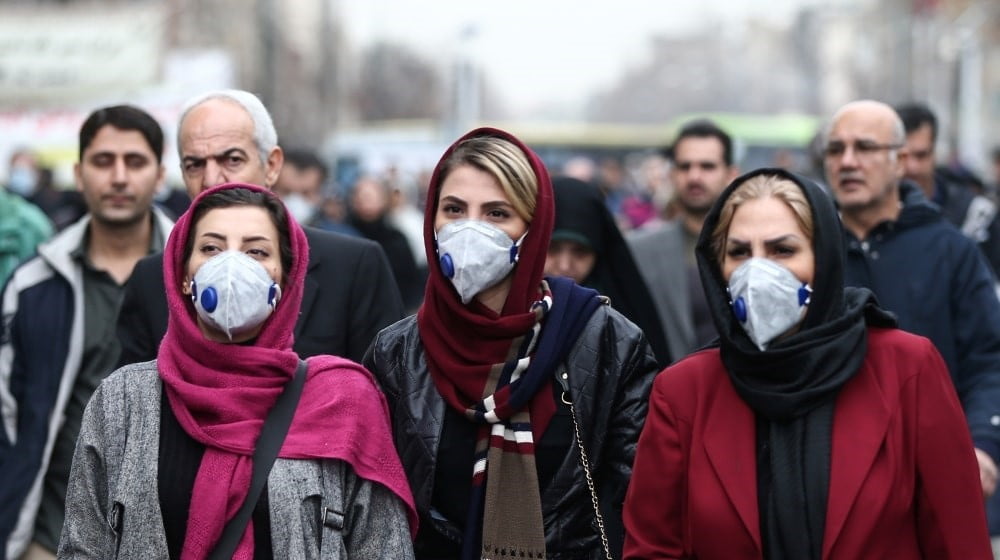Coronavirus in Iran, millions may lost their life if public safety measures ignored

Iran issued its most dire warning yet on Tuesday about the outbreak of the new coronavirus ravaging the country, suggesting millions could die in the Islamic Republic if the public keeps travelling and ignoring health guidance.
A state television journalist who also is a medical doctor gave the warning only hours after hardline Shia faithful had last night pushed their way into the courtyards of two major shrines that had just been closed over fears of the virus. Meanwhile, Iran’s supreme leader issued a religious ruling prohibiting unnecessary travel in the country.
Roughly nine out of 10 of the over 18,000 cases of the new virus confirmed across the Middle East come from Iran, where authorities denied for days the risk the outbreak posed. Officials have now implemented new checks for people trying to leave major cities ahead of Nauroz, the Persian New Year, on Friday, but have hesitated to quarantine the areas.
That’s even as the death toll in Iran saw another 13 per cent increase on Tuesday. Health Ministry spokesman Kianoush Jahanpour said the virus had killed 135 more people to raise the total to 988 amid over 16,000 cases.
Jordan meanwhile prepared for a shutdown of its own over the virus, banning gatherings drawing more than 10 people, as neighbouring Israel issued its own strict new guidelines for life under the coronavirus threat.
Most people infected by the new coronavirus experience only mild or moderate symptoms, such as fever and cough, and recover within weeks. But the virus is highly contagious and can be spread by people with no visible symptoms. For some, especially older adults and people with existing health problems, it can cause more severe illness, including pneumonia.
The Iranian state TV journalist, Dr Afruz Eslami, cited a study by Tehran’s prestigious Sharif University of Technology, which offered three scenarios. If people begin to cooperate now, Iran will see 120,000 infections and 12,000 deaths before the outbreak is over, she said. If they offer medium cooperation, there will be 300,000 cases and 110,000 deaths, she said.
But if people fail to follow any guidance, it could collapse Iran’s already-strained medical system, Eslami said. If the medical facilities are not sufficient, there will be four million cases, and 3.5 million people will die, she said.
Eslami did not elaborate on what metrics the study used, but even reporting it on Iran’s tightly controlled state television represented a major change for a country whose officials had for days denied the severity of the crisis.
Underlining that urgency was the fatwa issued by Supreme Leader Ayatollah Ali Khamenei, which prohibited unnecessary travel. It comes as the public ignored repeated warnings and pleas from security forces. Such a decree is a rare move by Khamenei, who has the final say on all state matters. Agencies



